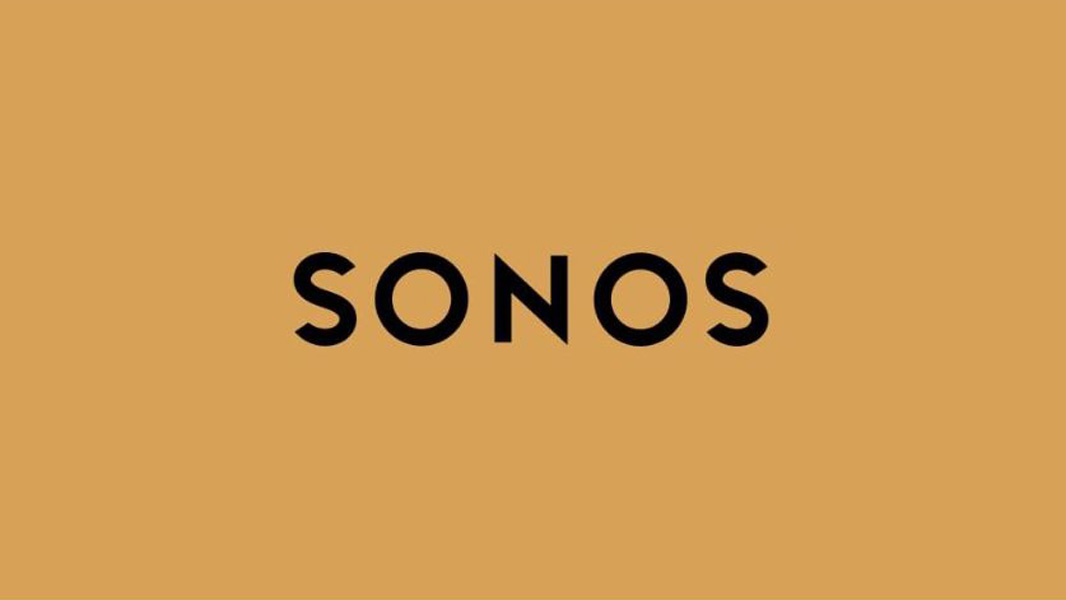Google is Violating the Sonos ITC Import Ban
- Paul Thurrott
- Jun 28, 2022
-
5

The US Customs Service ruled today that Google has violated the importation ban imposed by the International Trade Commission (ITC) by continuing to infringe on Sonos patents.
“Today, The US Customs Service ruled publicly that Google has been violating the importation ban that the International Trade Commission imposed after finding that a host of Google’s products infringe five foundational Sonos home audio patents,” Sonos Chief Legal Officer Eddie Lazarus said. “US Customs Service confirmed that Google was flouting the importation ban and continuing to import infringing products in violation of that ban. This finding marks yet another example of Google continuing to misuse our intellectual property and acting in wholesale disregard of the law. We remain committed to defending our IP [intellectual property] and will continue to do so, on behalf of our own technology, as well as the broader innovation landscape.”
Windows Intelligence In Your Inbox
Sign up for our new free newsletter to get three time-saving tips each Friday — and get free copies of Paul Thurrott's Windows 11 and Windows 10 Field Guides (normally $9.99) as a special welcome gift!
"*" indicates required fields
As you may recall, Sonos sued Google for patent infringement in 2020 after finding that the online giant had infringed on its patents for smart speakers and related technologies. It then proceeded to win every conceivable legal victory imaginable, with the US International Trade Commission finally ruling in January 2022 that Google could no longer import phones, laptops, or speakers into the United States because they violated five Sonos patents.
The problem? Google continued importing smart speakers and other products that violated the Sonos patents. So Sony contacted the US Customs Service in March 2022 and asked them to investigate. What they found is interesting: Google did, in fact, work to update an incredible list of its infringing products—which includes, wait for it, the Google Home Mini, Nest Mini, Home, Nest Audio, Home Max , Home Hub, Nest Hub, Nest Hub Max, Nest Wifi Point, Chromecast, Chromecast Audio, Chromecast Ultra, Chromecast with Google TV, multiple generations of Pixel smartphones, the Pixel Slate tablet, the Pixelbook, and the Pixelbook Go—making them less useful in some cases. But some or all of them still infringe on at least two Sonos patents.
“[The U.S. Customs and Border Protection]’s position is that the relevant articles at issue are subject to exclusion from entry for consumption on the basis of [our investigation] until Google either disables or renders inoperable the Device Utility app addressed in this ruling such that it can no longer be used with the relevant articles at issue and provides notice as to that disabling or inoperability, or receives a non-infringement determination pursuant to an ancillary proceeding at the Commission or a ruling [from us] … that addresses operation of the Device Utility app on the articles at issue.”
According to the ruling, Google and Sonos engaged in a long series of back and forths with the US Customs Service between April and May 2022 in an attempt to resolve the issues, and each asked multiple times for schedule adjustments. But in the end, Google is still violating the Sonos IP, and now the US Customs Service says that the burden is on the online giant to correct this infringement.
“To avoid further importation exclusions, Google must either further degrade its customer experience, or pursue a fair licensing agreement with Sonos,” a Sonos representative told me.
As a fan and customer of both companies, I’d like to see Google adopt the latter option.